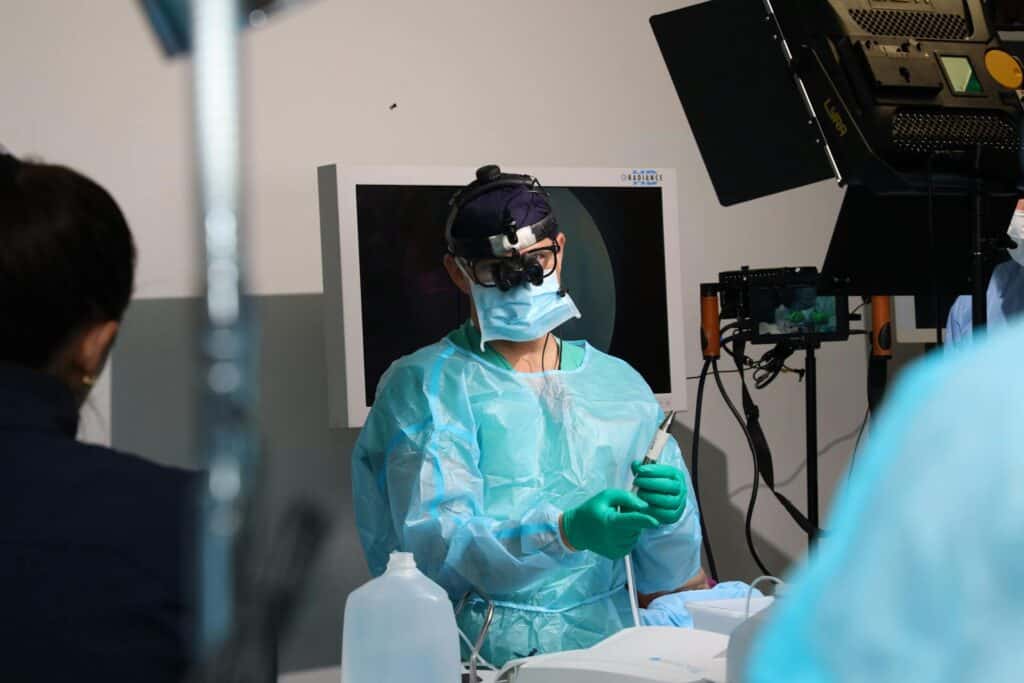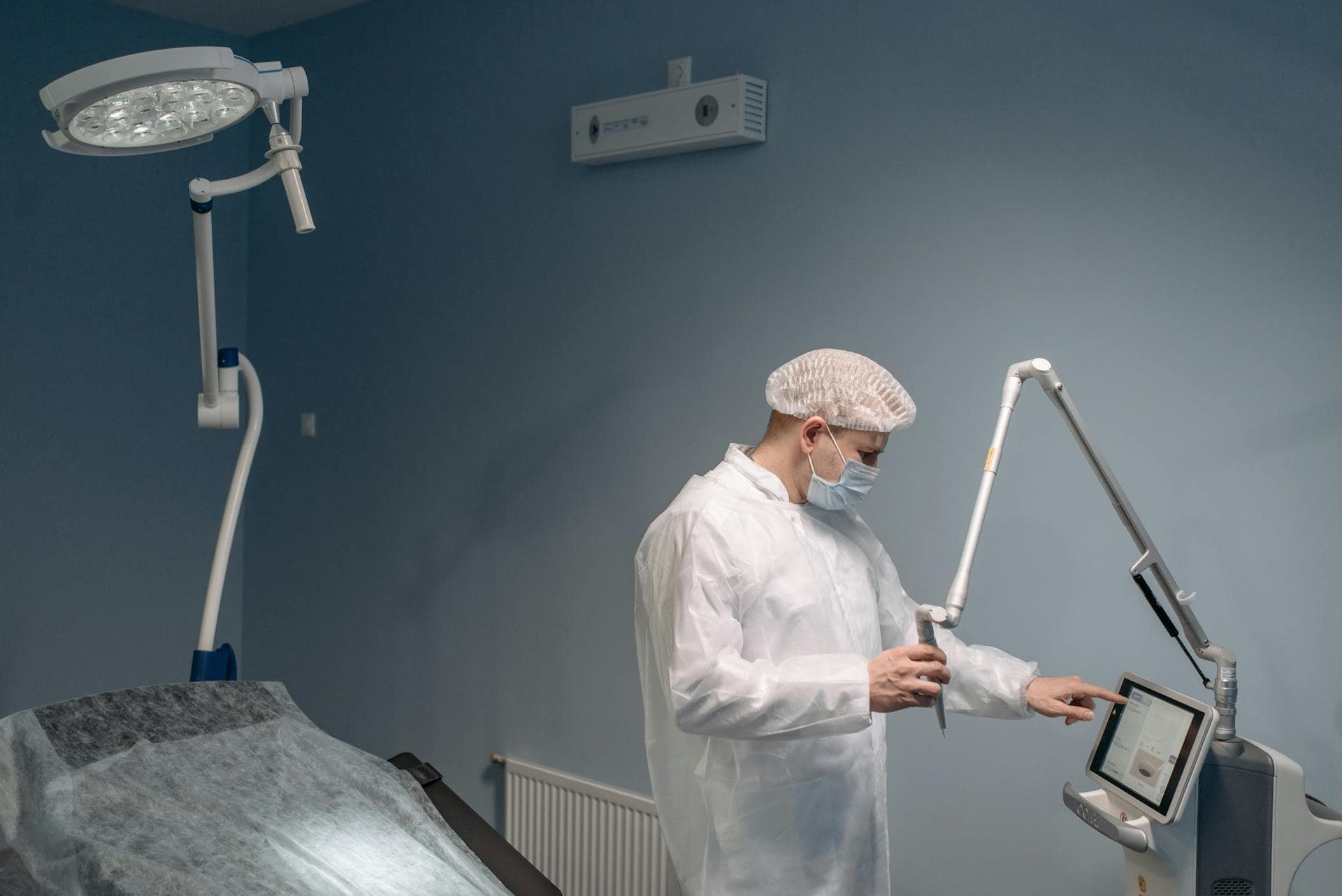
When choosing a surgeon to perform a cosmetic procedure, there are many factors to consider. For starters, you want to ensure they have the proper credentials.
Look for before and after photos of similar patients, and ask about their training. You should also make sure they have a hospital affiliation and can provide you with proper care in case of complications.
1. Reputation
It’s important to choose a plastic surgeon with an excellent reputation. This is because plastic surgery involves major changes to the body and can be risky if not done correctly. Choosing a surgeon with a poor reputation could lead to medical complications, dissatisfaction, and higher costs in the long run. You can find a surgeon’s reputation by researching online reviews and testimonials or talking with friends, family members, and acquaintances who have had the procedure you are considering.
You should also ask about a surgeon’s education and credentials. You can do this by asking where they went to medical school, what kind of training they received, and how many cosmetic procedures they have performed over the course of their career. It is also a good idea to ask for before and after pictures of past patients who have had the same procedure you are considering.
Another important factor to consider when selecting a surgeon is whether or not they are board certified. This is a requirement in order to practice in most states and countries. It is also a sign that the surgeon has completed extensive post-graduate work and is considered an expert in their field. You can usually find a surgeon’s board certification on their website or by calling the office.
In addition, you should also check out a surgeon’s facility where they will perform the procedure. The facility should meet high standards for safety and have life-saving equipment readily available at all times.
A good surgeon will be able to communicate effectively with their patients and answer any questions or concerns they may have. They should also be able to give realistic assessments of what can and cannot be achieved through the procedure, which helps prevent disappointment and unrealistic expectations.
It is important to find a surgeon who has a good rapport with their patients, as this will help ensure that the surgical process is as stress-free and pleasant as possible. Surgeons with a good rapport with their patients typically have better surgical outcomes and overall patient satisfaction.
When choosing a surgeon, don’t go with the lowest price. You should instead focus on finding a surgeon with a good reputation, extensive experience, and an understanding of what is necessary to achieve your desired results. You should also pay attention to how the surgeon interacts with you during your consultation. If you don’t feel comfortable or that they are treating you like a number, it is likely that they are not the right fit for you. It’s also a good idea to trust your gut instinct. If something about a surgeon or clinic feels off, it probably is. The best plastic surgeons will make you feel at ease, inspire confidence, and help you choose the procedure that is right for you.
2. Experience

Choosing a plastic surgeon who has extensive experience in your specific procedure is vital to achieving your desired results. An experienced plastic surgeon will have mastered techniques over time and have gained a deep understanding of the potential complications associated with each treatment. An experienced surgeon will also be able to provide insights and recommendations based on your unique anatomy and cosmetic goals.
As part of your research, you can ask prospective surgeons about the number of times they have performed a particular cosmetic treatment in the past year. For more in-depth questions, you can also ask them what their experiences were like with each case and whether they have encountered any unique situations that may impact the success of your surgery.
It’s also important to check out the surgeon’s website or clinic for before-and-after portfolios of previous procedures. This will give you a visual indication of the surgeon’s skill and expertise, as well as help you envision your potential outcomes for your own procedure. It’s also worth asking prospective surgeons about what their typical recovery process is, as this can have a significant impact on your ability to resume your normal life activities.
An experienced plastic surgeon will be able to explain your procedure and its risks in a way that is easy to understand. You should never feel intimidated or rushed during your consultation, and the surgeon should listen to your concerns and answer any questions that you have. If a surgeon seems to be rushing you or talking down to you, this is likely not the right fit for you.
You should also check that your surgeon has hospital privileges, as this is a good indicator of their level of professionalism and commitment to patient safety. This means that your surgeon has been vetted by hospitals and met specific professional standards. It also means that you are more likely to receive the best possible care if something should go wrong during your procedure.
Choosing the right plastic surgeon is a highly personal and individualized experience. It is essential to find a surgeon who will take the time to build trust with you and create a positive, comfortable relationship throughout your journey. This will not only improve your satisfaction with the outcome, but also make it more likely that you’ll follow through with any recommended treatments and rehabilitation plans. By following the tips in this blog, you can be confident that you’re choosing the best surgeon for your needs. If you have any further questions or concerns, please don’t hesitate to contact us at any time. We’re here to support you every step of the way!
3. Personality
In addition to training and experience, it is important to choose a plastic surgeon that you feel comfortable with. You will be spending a lot of time with your surgeon before and after the procedure, so it is important to find someone that you can communicate well with and who understands your goals. This can be done by reading testimonials from previous patients and asking questions about the surgeon’s procedure experiences. It is also a good idea to ask the surgeon for before and after photos of patients that have had similar procedures to yours.
Personality traits are also important to consider when choosing a plastic surgeon. Several studies have found that certain personality characteristics are associated with an individual’s interest in undergoing an esthetic operation. However, no study has performed a quantitative meta-analysis that examines the relationship between personality traits and an individual’s interest in undergoing cosmetic surgery. This is an important issue because the decision to undergo a cosmetic procedure can be influenced by personality factors that have not been well-characterized to date.
The best way to assess the personality of a plastic surgeon is through their work. The surgeon should have a solid portfolio of work that demonstrates their expertise and skills. This can be done by looking at before and after photos of previous patients, as well as examining the surgeon’s website for testimonials. It is also a good idea to talk with the surgeon’s office staff and find out about their level of professionalism. This is particularly important if you will be contacting the office in the middle of the night with a question or concern after your procedure.
A successful career as a plastic surgeon requires many qualities, including years of rigorous training, surgical skills, and excellent clinical judgment. The field of plastic surgery is extremely competitive, and it is important to be able to work hard to stand out from the crowd. It is also important to be able to adapt to changes in healthcare reimbursement, which can affect the profitability of cosmetic practices.
A survey conducted among American Association of Plastic Surgeons members found that most surgeons attribute their success to hard work, compassion, and manual dexterity. Other important attributes included being a team player, being organized, and having a positive attitude. The survey found that women were more likely to prefer a surgeon who had a social media presence, and men were more likely to favor surgeons with a research academic background. In addition, the educated and older demographics were more likely to prefer an internationally board-certified surgeon.
